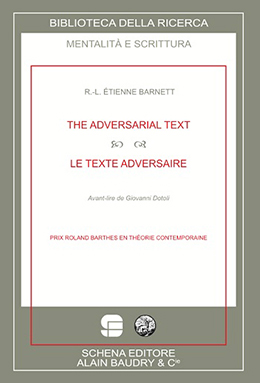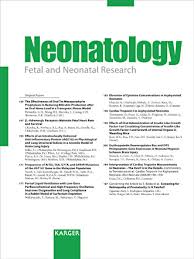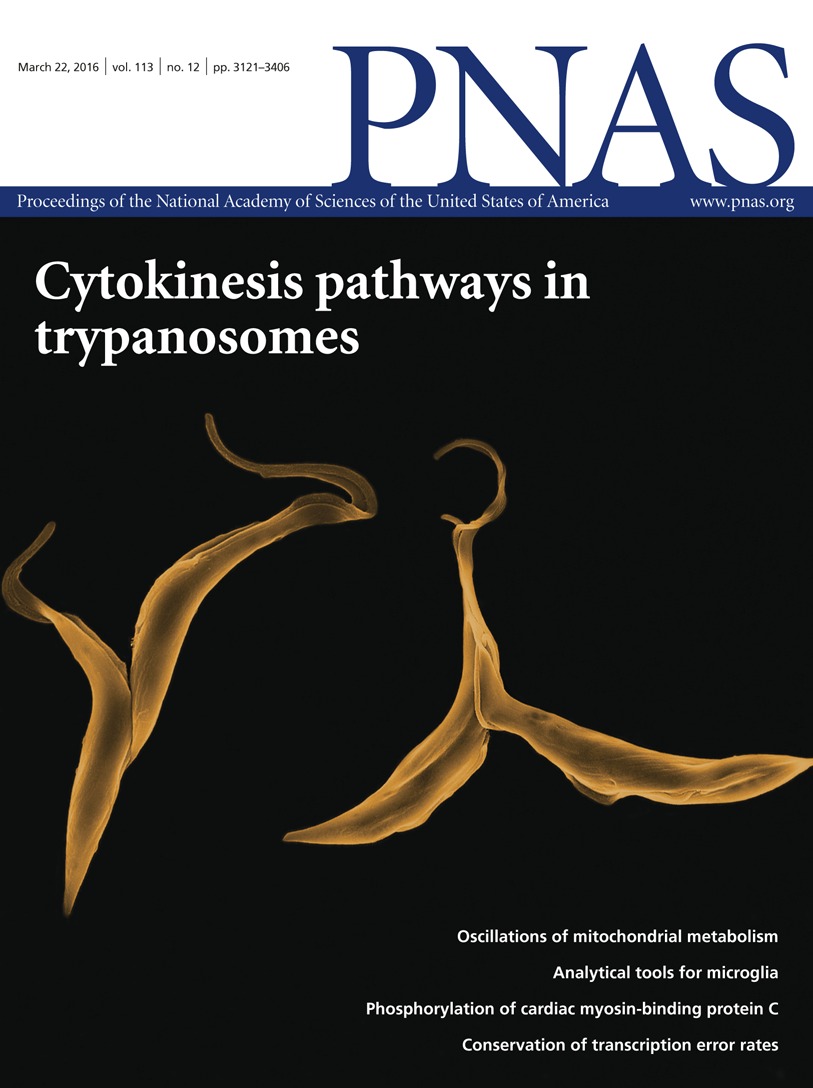
Former super-star surgeon Paolo Macchiarini is guilty of misconduct, along with six of his co-authors — including one who initially help alert authorities to problems with Macchiarini’s work, according to an announcement today by his former institution, the Karolinska Institute.
KI is also calling to retract six articles co-authored by Macchiarini and his colleagues, including two highly cited papers in The Lancet. The papers described the procedure and outcomes of transplanting synthetic tracheas into three patients between 2011 and 2013.
KI’s investigation uncovered “serious inaccuracies and misleading information in the reviewed articles:”
Continue reading Karolinska finds Macchiarini, six other researchers guilty of misconduct
 A mysterious lit and film critic who built a significant portion of his career using the words of other scholars instead of writing his own appears to be attempting a second act.
A mysterious lit and film critic who built a significant portion of his career using the words of other scholars instead of writing his own appears to be attempting a second act.  In March, a journal published a paper about blood sugar levels in newborns that caused an immediate outcry from outside experts, who were concerned it contained a sentence that could be potentially harmful if misinterpreted by doctors.
In March, a journal published a paper about blood sugar levels in newborns that caused an immediate outcry from outside experts, who were concerned it contained a sentence that could be potentially harmful if misinterpreted by doctors. 
 Last month, the
Last month, the  Earlier this year, the president of the Karolinska Institute,
Earlier this year, the president of the Karolinska Institute, 
 The New England Journal of Medicine has retracted a 2013 paper that provided some proof that the Mediterranean diet can directly prevent heart attacks, stroke, and other cardiovascular problems.
The New England Journal of Medicine has retracted a 2013 paper that provided some proof that the Mediterranean diet can directly prevent heart attacks, stroke, and other cardiovascular problems.
 Adeel Safdar was once a rising star in the field of kinesiology. After completing his doctorate degree at McMaster University in Canada, working with one of the titans of his field, Safdar took a postdoc at Harvard, then accepted a
Adeel Safdar was once a rising star in the field of kinesiology. After completing his doctorate degree at McMaster University in Canada, working with one of the titans of his field, Safdar took a postdoc at Harvard, then accepted a